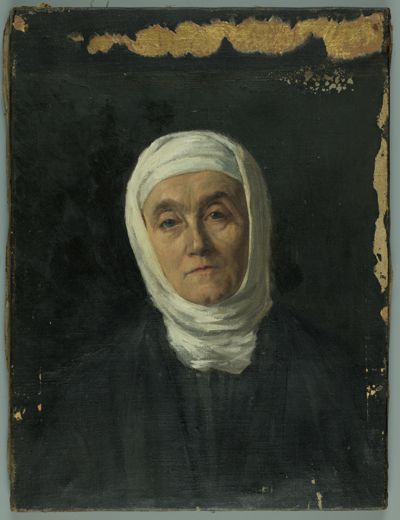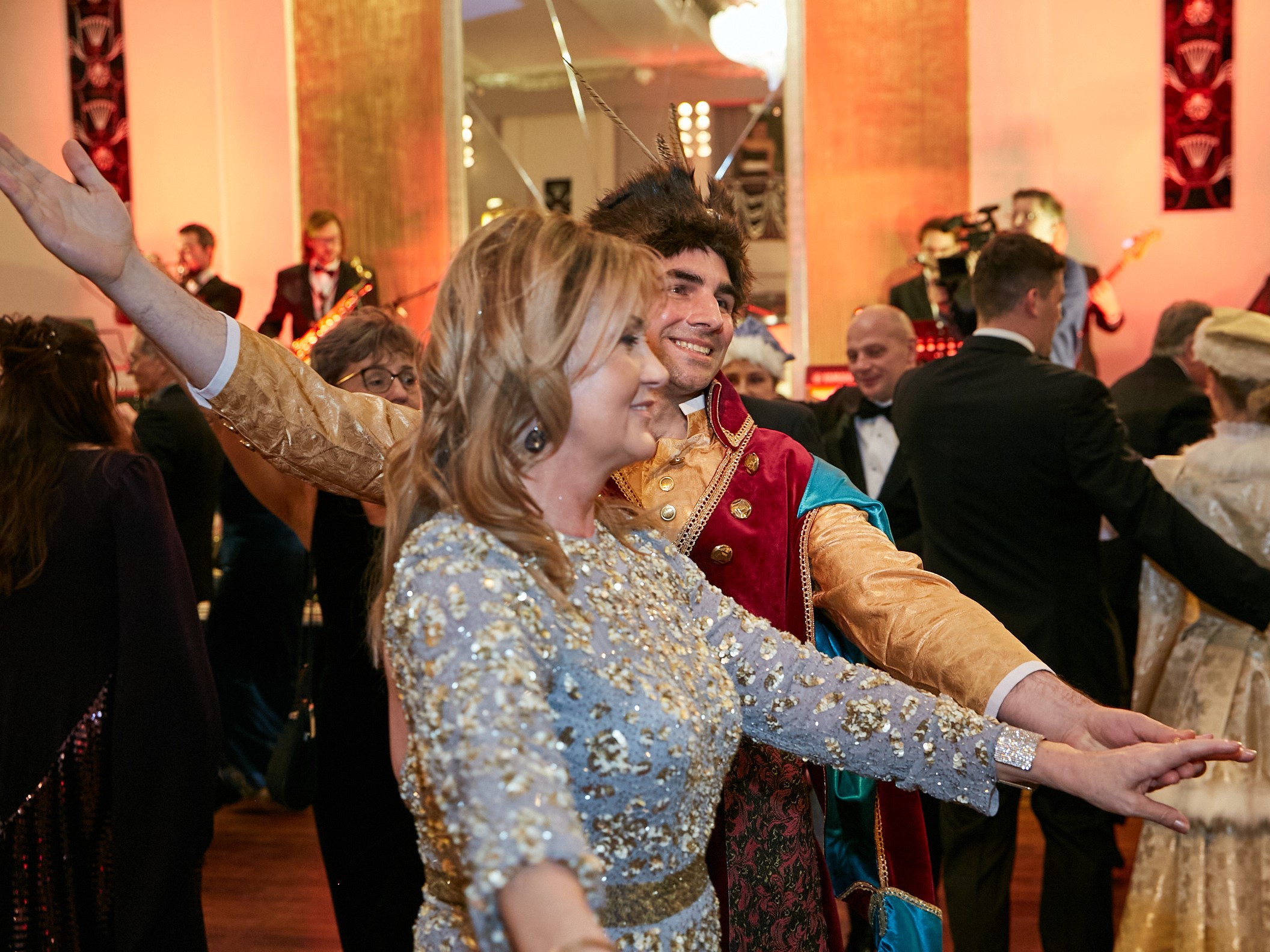
Jadwiga Zamoyska
Whatever is worth doing, is worth doing well
As the world honours the countless women who struggled to fight poverty and ignorance, Bal Polski 51 remembers Jadwiga Zamoyska (1831-1923)- one of Poland’s most influential women of faith who offers inspiration to anyone wishing to make a change in their community. Jadwiga’s story is the story of a great mind, enormous courage, faith and love. Jadwiga came from the wealthy Polish noble families of Działyński and Zamoyski. She grew up in Kórnik Castle near Poznań in the west of Poland, where her bibliophile father Tytus Działyński created a fine library. Jadwiga was a home-educated polyglot from a privileged background, yet she was also an extraordinary political activist, social worker and educator who lived a life of service and co-funded the first Polish vocational school for girls.
Her husband, Władysław Stanisław Zamoyski, was a Polish politician and general, a member of the celebrated Hôtel Lambert group – a political faction named after a hôtel particulier on Île Saint-Louis in Paris whose members kept the question of Polish sovereignty alive in European politics after the failed uprising against Russia. She was her husband’s faithful companion and partner in service to the homeland. Jadwiga briefly emigrated to England with her husband who represented the interests of the Polish government-in-exile. She also joined him in Italy where he organised the Polish units in the Sardinian Army to fight against the Austrians in 1848, and later in 1855 in Turkey,where Zamoyski led the Polish cavalry division in the Ottoman Army during the Crimean War.
The couple had four childen. Their son, Władysław Zamoyski junior, was an early ecologist and philanthropist who backed the Polish ownership of the largest and most celebrated lake in the Tatra mountains, Morskie Oko.
As a great and quick mind, Jadwiga developed an innovative educational system for girls, and in 1822 she set up the highly popular vocational School of Domestic Science (Szkoła Domowej Pracy Kobiet) which combined practical work, arts and crafts education, humanities, and spiritual betterment. Jadwiga Zamoyska published several books on education, moral upbringing, and work ethics, and she also anonymously published several housekeeping handbooks. Due to the political persecutions in the Prussian-occupied western Poland, she was imprisoned and later expelled from her lands near Poznań, and she also had to move her school multiple times. The school eventually settled in Zakopane in the south of Poland. It was closed by the Communist authorities in 1950.
As Poland’s iconic female agent of change, in 1921 she was awarded the Order of Polonia Restituta, one of the highest awards of free Poland, for her outstanding achievements as educator and philanthropist. In 1925, through her and her son’s will, the Działyński-Zamoyski estate went to a new charity Zakłady Kórnickie that carry on their educational and philanthropical mission to the present day.
On the centenary of her death, in recognition of her work for Poland’s education, social work and culture, the Polish Parliament has declared the year 2023 The Year of Jadwiga Zamoyska. Today we admire Jadwiga Zamoyska for her innovative thinking and generosity, as well as for her civil and political commitment, which opened new pathways and career opportunities for girls.
Jolanta Rzegocka

